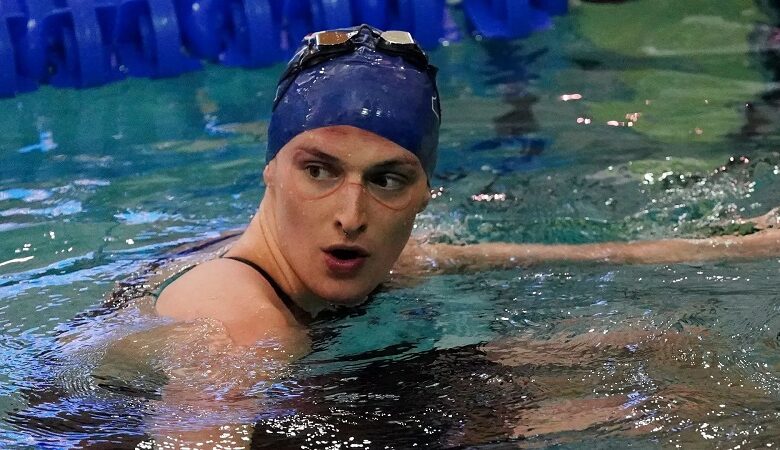Transgender Swimmer Lia Thomas Loses Legal Battle Against World Aquatics, Barred from Paris Olympics

Lia Thomas, the transgender swimmer who gained international attention by becoming the first transgender athlete to win an NCAA college title in March 2022, has faced a setback in her Olympic aspirations. The Court of Arbitration for Sport (CAS) ruled against her in a legal case brought against World Aquatics, effectively preventing her from competing in next month’s Paris Olympics.
At the heart of the dispute were rules introduced by World Aquatics in the summer of 2022, which bar individuals who have undergone “any part of male puberty” from competing in the female category. Thomas, aged 25, challenged these rules, arguing that they contravened the Olympic charter and the World Aquatics constitution by denying her eligibility based on her gender identity.
However, in a detailed 24-page decision, the CAS concluded that Thomas lacked the standing to challenge World Aquatics’ transgender policy, as she was no longer a member of USA Swimming, a prerequisite for participation in World Aquatics competitions.
The ruling marked a significant victory for World Aquatics, which emphasized its commitment to fairness and equality in sports. “World Aquatics is dedicated to fostering an environment that promotes fairness, respect, and equal opportunities for athletes of all genders,” stated the organization following the decision.
The controversy surrounding Thomas erupted after her victory over Olympic silver medalist Emma Weyant in the women’s 500-yard freestyle event at the NCAA championships. This win reignited debates about fairness in women’s sports, with critics arguing that Thomas retained physical advantages from male puberty, despite testosterone suppression through medication.
Scientific evidence cited by World Aquatics highlighted enduring physical advantages such as enhanced endurance, power, speed, strength, and lung capacity in athletes who had undergone male puberty. This evidence formed a crucial basis for the organization’s decision to uphold its eligibility rules.
Despite efforts by World Aquatics to be inclusive, including the introduction of an “open” category for transgender swimmers, plans to debut this category at the Berlin World Cup were abandoned due to lack of entries. The cancellation underscored ongoing challenges and debates surrounding the integration of transgender athletes into competitive sports.
While Thomas and her supporters have argued against claims of unfair advantage, the CAS ruling underscores the complexities and legal frameworks surrounding transgender participation in sports. The decision reaffirms World Aquatics’ authority in setting eligibility criteria for its competitions, emphasizing adherence to established policies and operational requirements.
Looking ahead, the ruling is expected to fuel continued discussions on transgender rights in sports and the balance between inclusivity and fairness. As controversies persist, stakeholders across the sporting world face ongoing challenges in navigating these issues while ensuring a level playing field for all athletes.
For Lia Thomas, the CAS decision represents a significant setback in her athletic career aspirations, barring her from competing at the upcoming Paris Olympics and prompting further reflection on the future of transgender athletes in competitive swimming and beyond.






